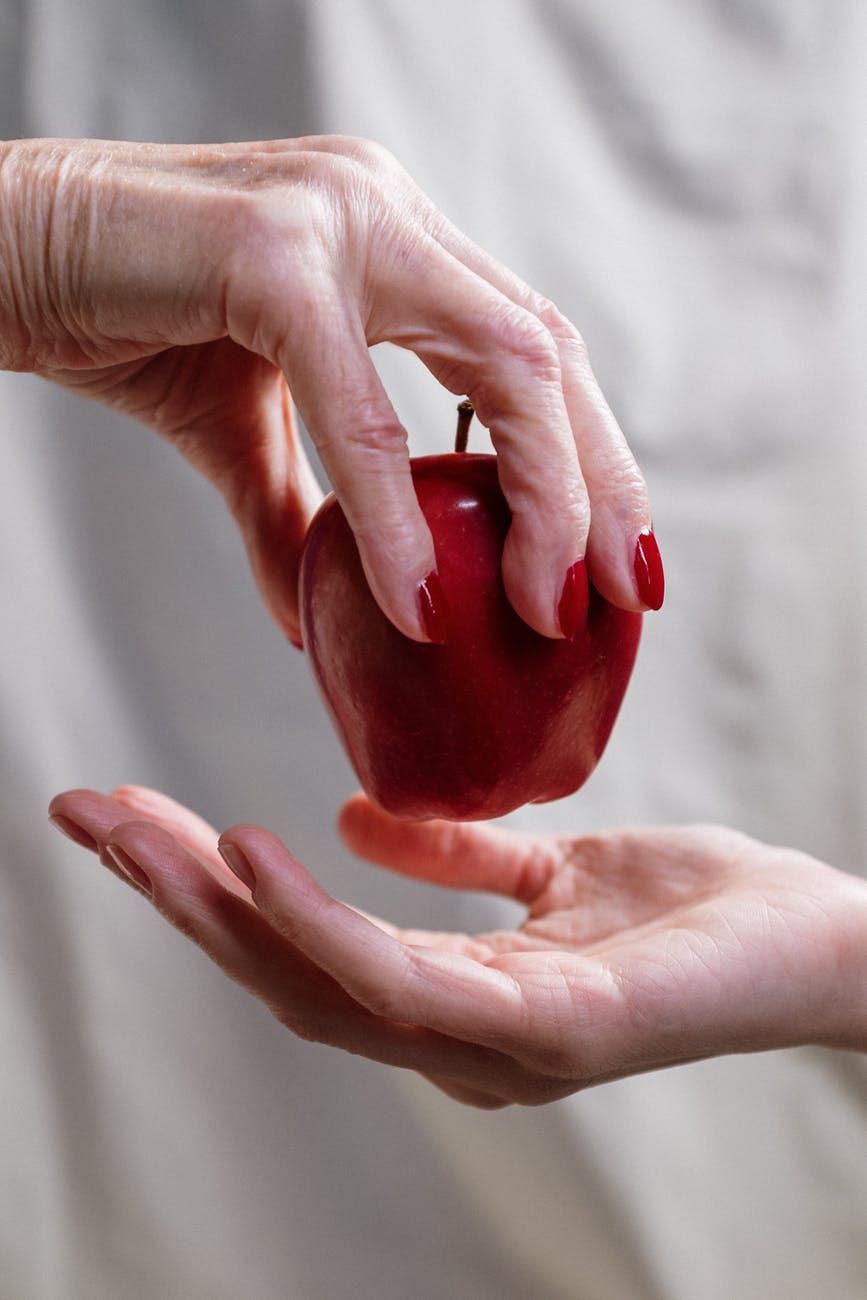
It does not matter how healthy a person’s overall diet is, consuming too much salt still causes high blood pressure, according to a study published in the journal Hypertension.
The study was conducted by a team of researchers from different institutions, which included the Imperial College London and Northwestern University, who looked at the diets of more than 4,000 people. The research team used data from the INTERMAP study, which was conducted from 1997 to 1999, in which researchers monitored the diets of 4,680 people aged 40 to 59 years from the U.S., U.K., Japan, and China. The researchers of the INTERMAP study monitored the participants for four days, and took two urine samples within these days. Moreover, they measured the height, weight, and blood pressure of the participants.
In the current study, the research team analyzed concentrations of sodium and potassium in the urine samples. Sodium is the primary component of salt, and potassium is found in green leafy vegetables and has been linked to lower blood pressure. They also used dietary data to examine the participants’ consumption of more than 80 nutrients that may be associated to low blood pressure, such as vitamin C, fiber, and omega-3 fatty acids. It was previously believed that eating high amounts of fruit and vegetables, which contains a lot of vitamins and minerals, might help neutralize the effect of high salt on blood pressure.
Results showed a link between high blood pressure and higher salt intake, even in people who were eating a high amount of potassium and other nutrients. The research team also estimated salt intake by assessing sodium in the urine and analyzing dietary data. They found that average consumption of salt across the study was 10.7 grams (g) a day. The average intake for the U.S, was 9.6g, while the consumption for the U.K., China, and Japan were 8.5g, 13.4g, and 11.7g respectively.
A higher salt intake was associated with a higher blood pressure. An increase of an added seven g of salt above the average intake was linked to an increase in systolic blood pressure of 3.7 millimeter of mercury (mmHg). The ideal blood pressure should be between 90/60 and 120/80 mmHg.
“This research shows there are no cheats when it comes to reducing blood pressure. Having a low salt diet is key – even if your diet is otherwise healthy and balanced,” said Queenie Chan, joint lead author of the study from the School of Public Health at Imperial College London.
The findings of the study suggested that eating a healthy diet does not affect high blood pressure caused by high sodium intake. The researchers also advised people to be watchful of their salt intake and for food manufacturers to lessen the salt content in their products. (Related: Top Foods to Avoid with High Blood Pressure.)
More on high blood pressure
Also known as hypertension, high blood pressure is when the blood pressure, the force of the blood pushing against the walls of the blood vessels, is consistently too high. Blood pressure typically rises and falls throughout the day, but it can impair the heart and result in health problems if it stays high for too long.
According to the Centers for Disease Control and Prevention (CDC), approximately 75 million people in the U.S. have high blood pressure – which is one in every three adults. High blood pressure is a known “silent killer” because most people do not display symptoms until the condition reaches critical levels.
When blood pressure reaches about 180/110 mmHg, it is a medical emergency known as hypertensive crisis and at this stage, symptoms will show – headache, nausea, vomiting, dizziness, blurred or double vision, nosebleeds, palpitations, and breathlessness.
Sources include:
<!–
–>
Source Article from http://www.naturalnews.com/2018-03-28-no-matter-how-well-you-eat-too-much-salt-still-causes-high-blood-pressure-according-to-new-study.html
Related posts:
Views: 0
 RSS Feed
RSS Feed

















 March 29th, 2018
March 29th, 2018  Awake Goy
Awake Goy 



 Posted in
Posted in  Tags:
Tags: 
















